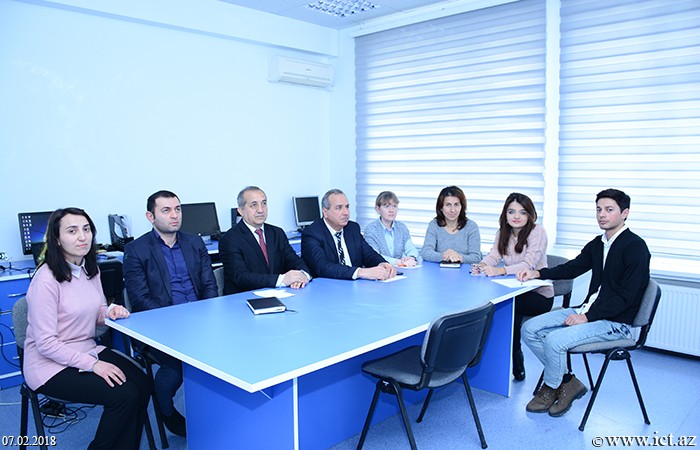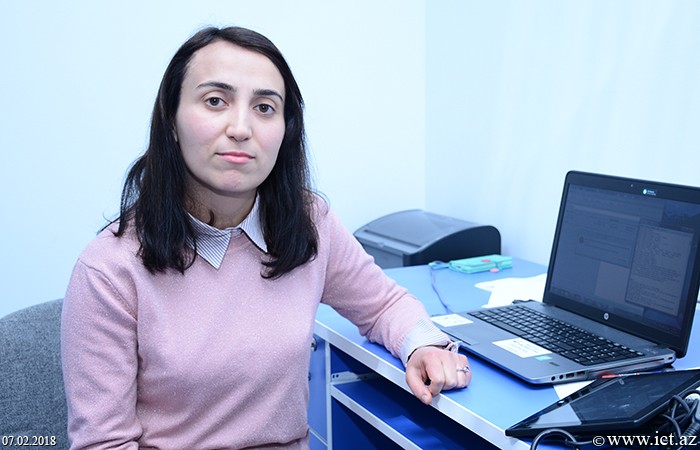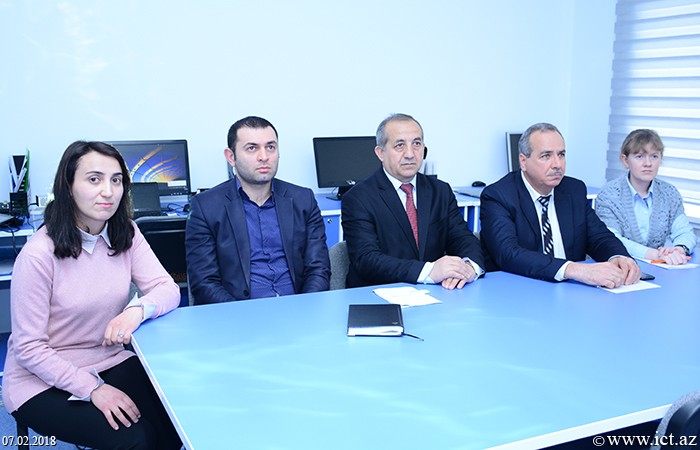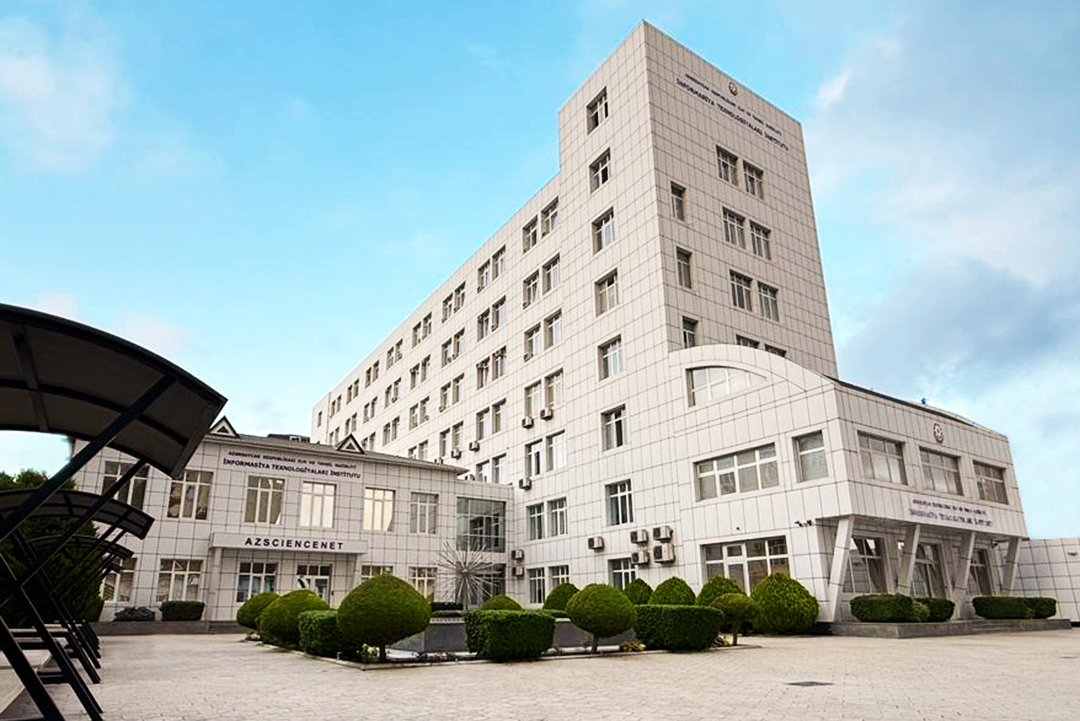NEWS
A scientific seminar on "Botnets: methods of detection and preventive measures" held
The next scientific seminar devoted to the subject "Botnets: methods of detection and measures of preventive measures" was held at the Institute of Information Technology of ANAS.
PhD student of the institute, Gulnara Garayeva, noted that the network of botnet computers with malicious software, which allows remote control of the computer, is one of the most serious threats to cyber security. At present, spam spreading, massive rejection attacks (DDoS), personal data and theft of intellectual property and other cybercrime are the most common types of Internet traffic. Millions of computers scattered across the globe can be combined and managed from hundreds of hubs in major botnets. At present, hackers improve botnets by taking into account new technologies, and apply a corporate governance approach to their construction and management. For example, in 2017, the DDoS attack on one of the national Internet providers with gigantic traffic (about 1 TB per second) was united in the Mirai bundle with items connected to the Internet.
She also provided extensive information on centralized, P2P and hybrid botnet architectures, botnet protocols and teams, botnet handling mechanisms and popular botnets. The main methods of detection of botnets and their classification were highlighted. Based on host and network, the main characteristics of the detection methods proposed at different stages of the botnet life cycle were analyzed, encrypted botnet traffic detection methods, current state and potential capabilities of application of machine learning methods for detection of botnets, and databases used in experiments.
Rapid increase of botnets' scale over the past decade and the increasing cybercrime goals used by them make it necessary for a complex fight with bottles. The rapporteur provided information on how to combat botnets, participants in the struggle, approaches to botnets at international, national, public and individual levels. She drew attention to the essence of South Korea and Japan's approach in this field and emphasized the leading role and responsibility of Internet providers in this area. He noted that it is not possible to succeed at other levels of battles without the awareness of users at the level. More than 90% of the bottle-breeding process is due to the lack of awareness of personal computer users' negligence or infection methods, which translates these users into "soldiers" of their "troops".
Finally, discussions were held around the report, and questions were answered. Head of Department, Associate Professor, PhD, Yadigar Imamverdiyev made a number of recommendations and suggestions on the future research of the dissertation.
© All rights reserved. Citing to www.ict.az is necessary upon using news









